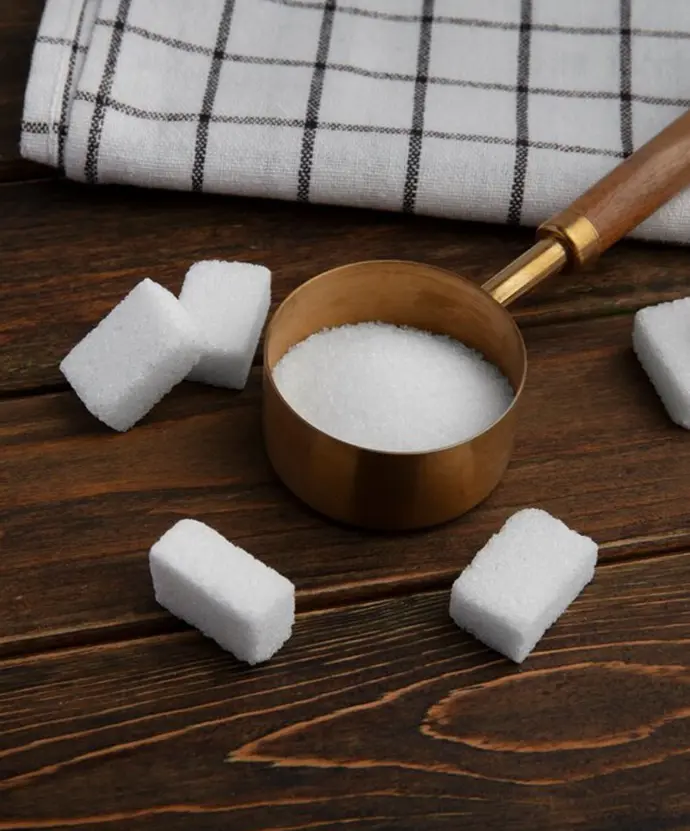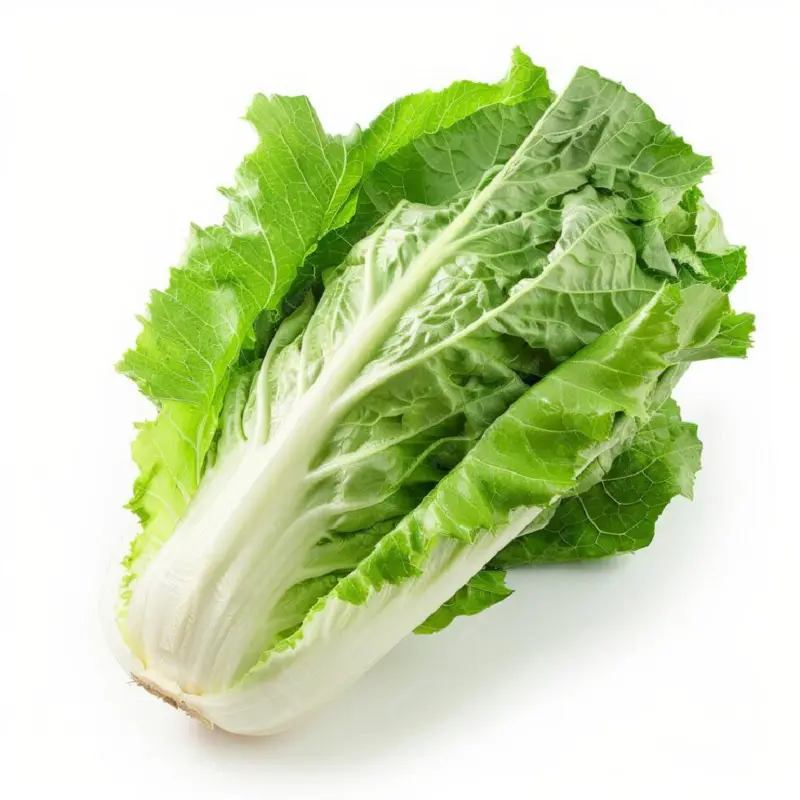Is Balsamic Vinegar Healthy?
Yes, balsamic vinegar can be a healthy addition to your diet if it is used in moderation. Some of the major health benefits of balsamic vinegar are low in calories, low in sugar and fat along with its nutritional profile.
Nutritional value for 1 tablespoon (15ml) of balsamic vinegar:
- Calories: 14 kcal
- Total fat: 0 g
- Sodium: 4 mg
- Total Carbohydrates: 3 g
- Protein: 0 g
- Fiber: 0 g
- Calcium: 4 mg
- Iron: 0.1 mg
- Potassium: 18 mg
1. Low in Calories
Balsamic vinegar made from red wine that contains very few calories would constitute a smart option for individuals keen on observing their daily calorie requirements.
2. Low in Sugar and Fat
Standard balsamic vinegar has negligible amounts of sugar as well as zero fat content which are essential components of a healthy meal plan
3. Antioxidants
This product has polyphenol chemicals that serve as antioxidants meaning it helps stop oxidation damage in body cells together with preventing inflammation.
4. Trace Minerals
It also has tiny levels of potassium (K), manganese (Mn), calcium (Ca), and iron (Fe).
Notably, balsamic may have some benefits but should be taken in moderate amounts. The really best health advantages come from the traditional balsamic since it might not contain additional sugars or colorings.














